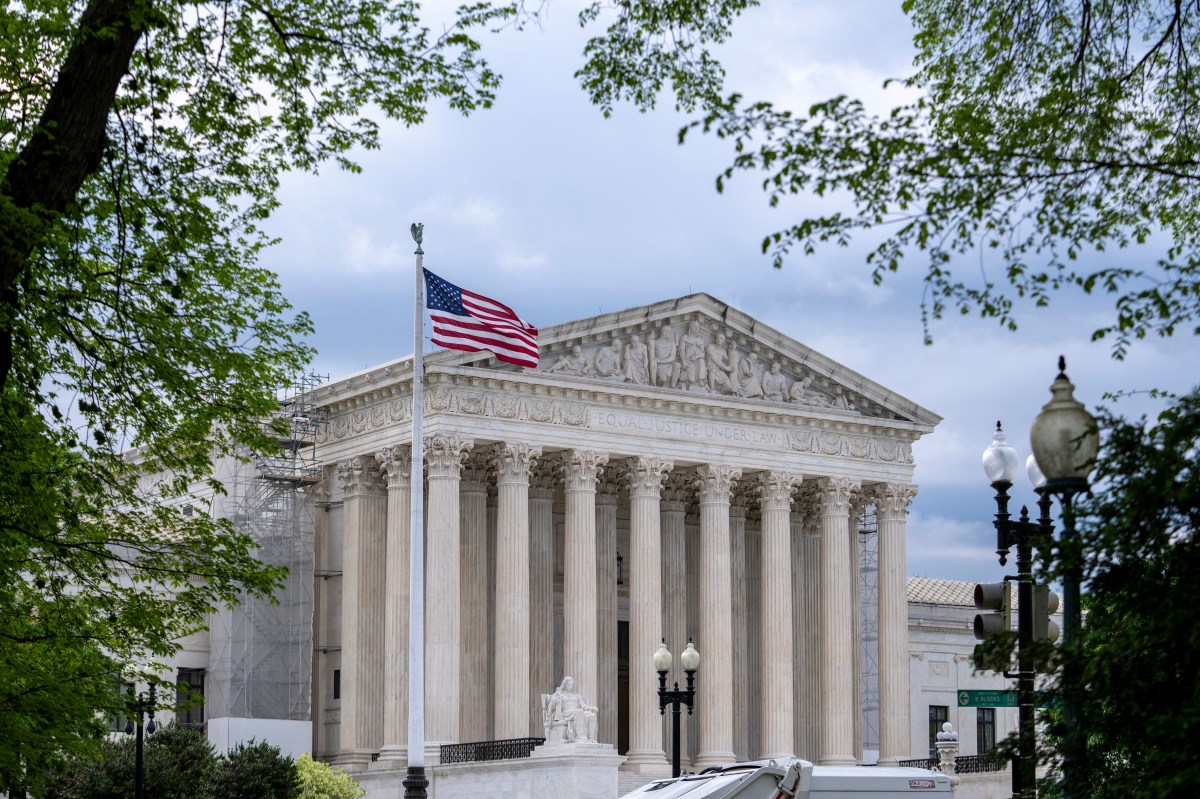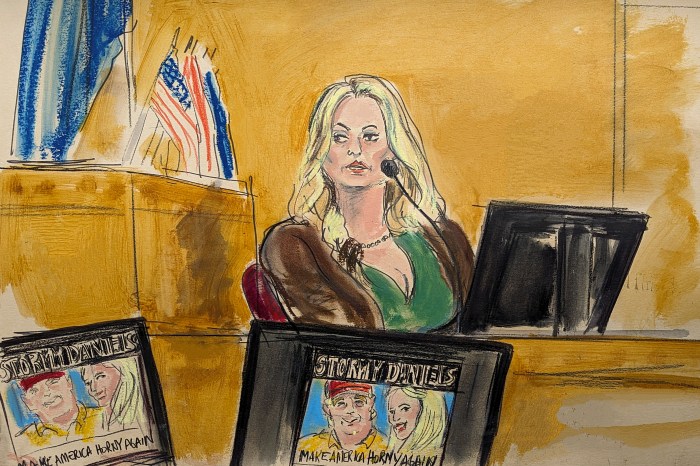WASHINGTON (AP) — The Supreme Court sided with a music producer in a copyright case Thursday, allowing him to seek more than a decade’s worth of damages over a sample used in a hit Flo Rida song.
The 6-3 decision came in a case filed by Sherman Nealy, who was suing over music used in the 2008 song “In the Ayer,” by the rapper Flo Rida. It also was featured on TV shows like “So You Think You Can Dance.”
Nealy says he didn’t find out his former collaborator had inked a deal with a record company that allowed the sampling until 2016. He sued two years later for damages going back to the song’s release.
Copyright law says suits must be filed within three years of the violation, or the point when it’s discovered. The record company, Warner Chappell, argued that means Nealy would only be entitled to three years’ worth of royalties at most.
The question of how far back damages can go has split appeals courts, and it’s one that industry groups like the Recording Industry Association of America called on the Supreme Court to decide.
The opinion handed down Thursday was written by Justice Elena Kagan, and joined by her liberal colleagues Sonia Sotomayor and Ketanji Brown Jackson as well as conservative justices John Roberts, Brett Kavanaugh and Amy Coney Barrett.
“There is no time limit on monetary recovery. So a copyright owner possessing a timely claim is entitled to damages for infringement, no matter when the infringement occurred,” Kagan wrote.
Three conservative justices dissented. Justice Neil Gorsuch wrote that the majority sidestepped the important question: Whether Nealy’s claim was valid to begin with, or whether copyright holders should have to show some kind of fraud in order to sue over older violations. The dissenters said the suit should have been dismissed.



















